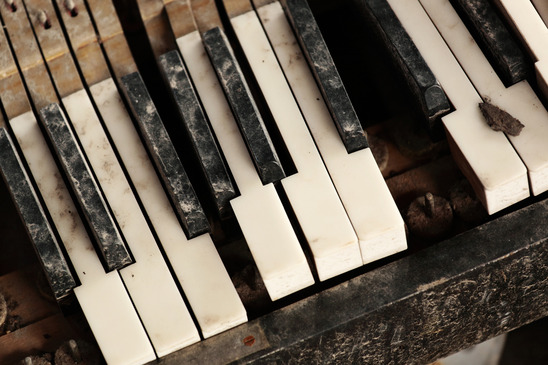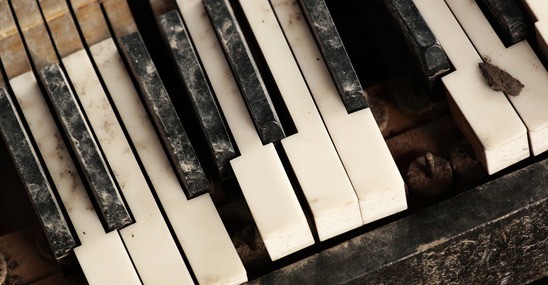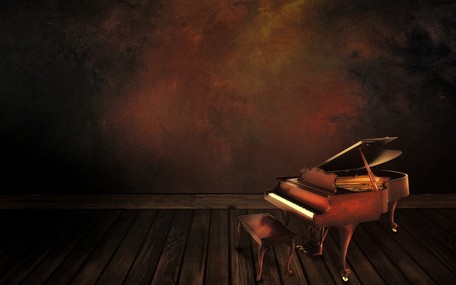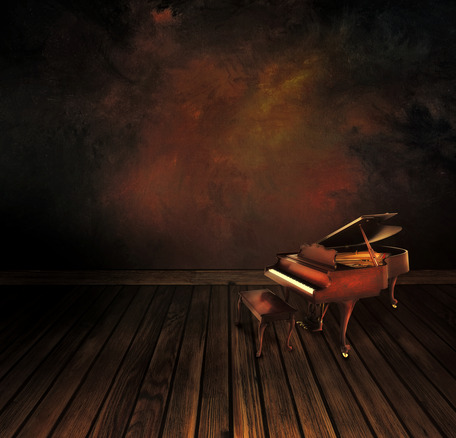Do you have an old piano sitting in your basement untouched? Would you love to bring it out into the open and enjoy it? Is piano restoration something you could easily do and add a whole new dimension to your entertainment area?
If it is an antique piano, chances are good that it could benefit from a restoration. But how do you know for sure? What does piano restoration really mean, anyway?
 Piano restoration involves two things: the rebuilding of the internal parts as well as cosmetically enhancing the outside. The term “restored” refers to professional internal and external restoration and rebuilding. In some cases a previous owner may have taken on the project themselves, cosmetically enhancing the look. This, however, isn’t restoration. Restoration means focusing in on making the inside and outside look and sound its best.
Piano restoration involves two things: the rebuilding of the internal parts as well as cosmetically enhancing the outside. The term “restored” refers to professional internal and external restoration and rebuilding. In some cases a previous owner may have taken on the project themselves, cosmetically enhancing the look. This, however, isn’t restoration. Restoration means focusing in on making the inside and outside look and sound its best.
Piano restoration takes a lot of patience and attention to detail. Which is why you won’t find a lot of companies willing to offer piano restoration – and why a true piano restoration company is worth the extra investment.
Good piano restoration shops work to preserve what is there and is working, and will purchase or custom make parts to accommodate a piano’s needs. No attention to detail is too great or too small. In some cases a restored antique piano may increase its value by tenfold – so it can be worth the investment if you are willing to put in the time and energy.
The restoration process involves documentation of the original condition of the piano. Yes, a piano has a history, and the more that is known about its history, the more valuable it becomes. Measurements used in the restoration of a piano include the down and up weight of the keys as well as the string height. Next comes belly repair and restoration. The belly is very important to the piano’s function. This is wear the music happens. Then, it’s time for the refinishing process and keyboard restoration.
Are you ready to move your piano up from out of the basement, and give it the attention it deserves? It all starts with a quote for restoration. Give us a call today and we can help you put the music back into your life.


 Whether you have a piano that’s been in your family for a long time, or you’re thinking about buying either a new or used one to bring into your home, how long will a piano last?
Whether you have a piano that’s been in your family for a long time, or you’re thinking about buying either a new or used one to bring into your home, how long will a piano last?
